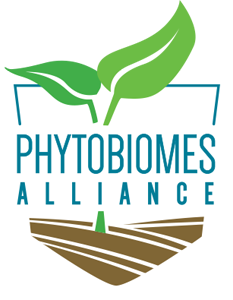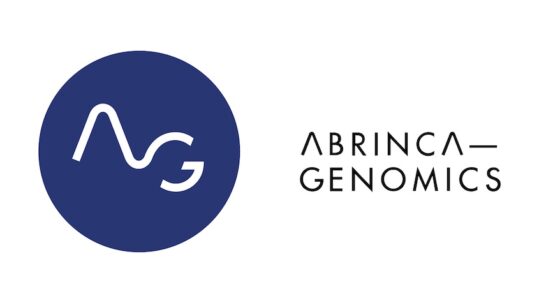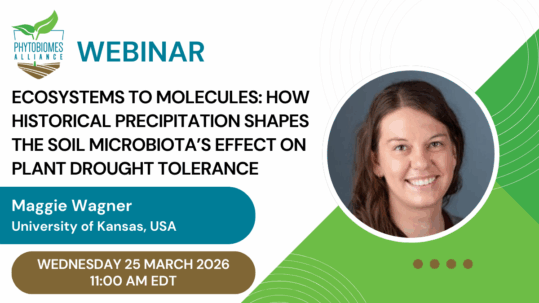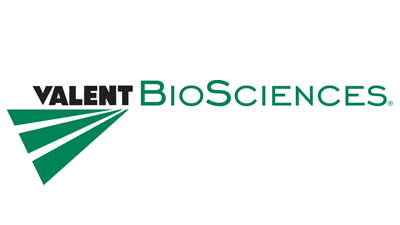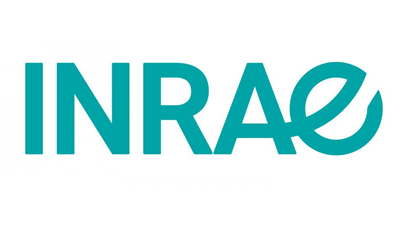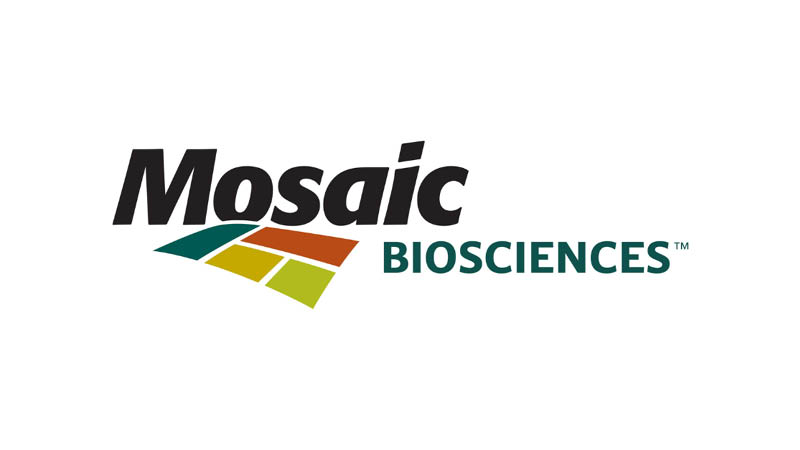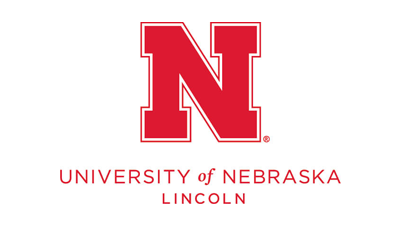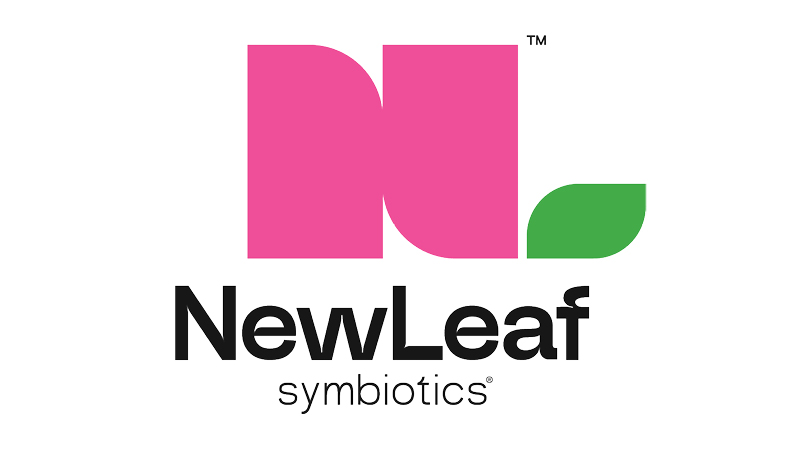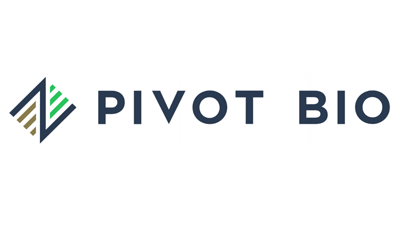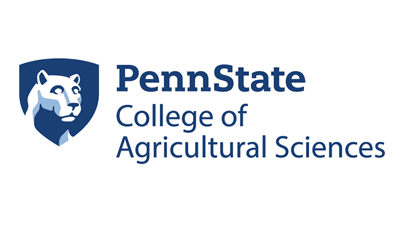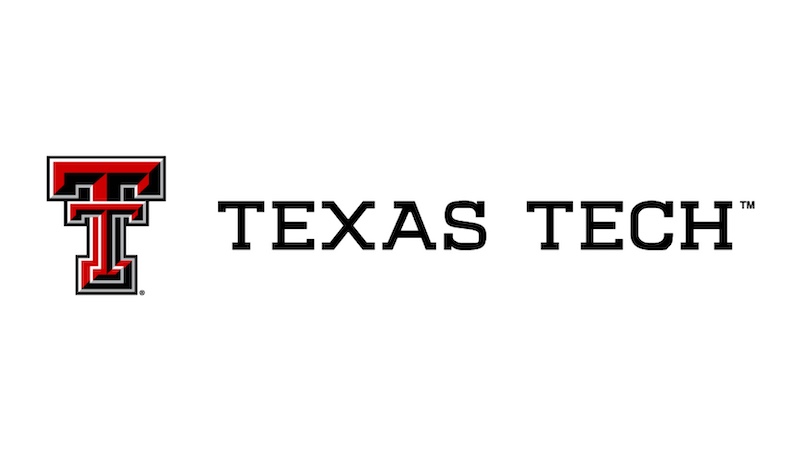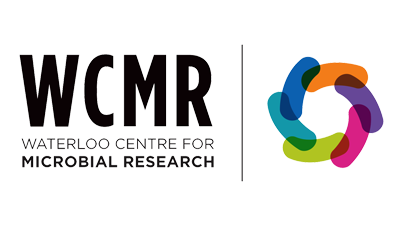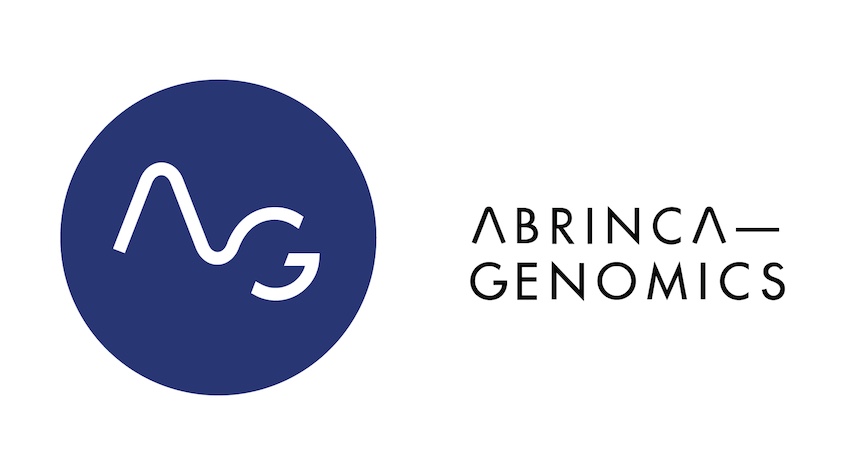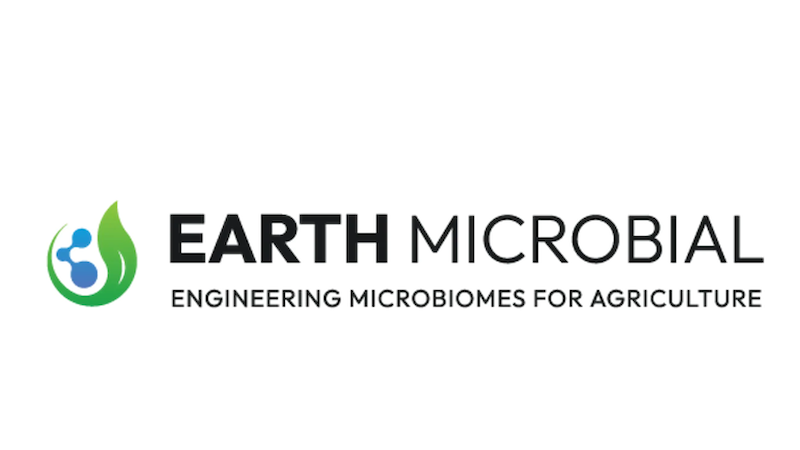Featured Project
Improved identification and detection of select agent Ralstonia solanacearum strains threatening the US potato industry
The goal of this project is to develop a data-driven framework for improving the regulation and detection of Rs strains that threaten US agriculture.
The primary purpose of this project is to precisely circumscribe the authentically threatening Rs strains that are highly aggressive on potato at cool temperatures using a combination of phenotypic assays and bioinformatics to evaluate current diagnostic markers.
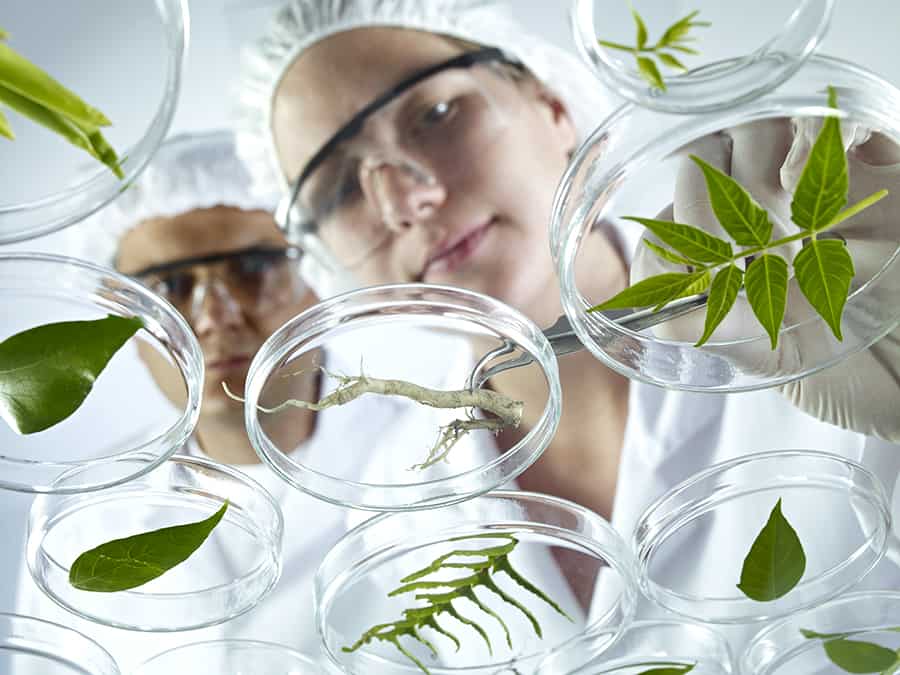
Upcoming Events
Organized by the Alliance
Two Workshops at the Plant and Animal Genome Conference:
- “Exploring Phytobiomes“
- “The Uniqueness and Commonalities Between Plant, Animal and Soil Microbiomes” Workshop – Plant and Animal Genome Conference 2026“
San Diego, CA, USA
11 & 13 January 2026



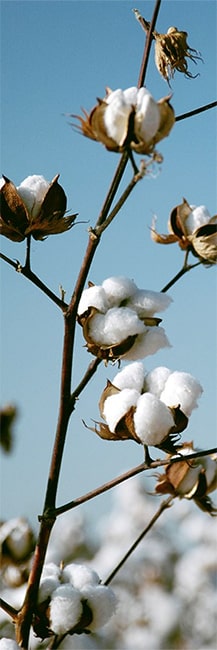
Featured Sponsor
Texas Tech University (TTU)
“TTU is a leader in conducting transdisciplinary research and developing innovative solutions to enhance agricultural system efficiency and resilience while simultaneously reducing environmental impacts. We are employing data-driven biology, systems-based approaches, and computational innovations to understand and predict the dynamics and systems properties of the phytobiome, aiming to improve plant resilience to changing environments. We are very excited to collaborate with the Phytobiomes Alliance to develop and implement innovative practices based on system approaches that harness natural resources to enhance crop productivity, food quality, and environmental health sustainably.”
Latest News
-
-
Abrinca Genomics Joins the Phytobiomes Alliance
The Phytobiomes Alliance is pleased to announce that Abrinca Genomics has joined the organization as a sponsoring partner. December 08, 2025 News -
Webinar: Ecosystems to molecules: How historical precipitation shapes the soil microbiota’s effect on plant drought tolerance
Drought alters the soil microbiota by selecting for functional traits that preserve fitness in dry conditions. Legacy effects or ecological memory refers to how past stress exposure influences microbiota responses to future environmental challenges. December 08, 2025 News, Webinar -
Webinar: Digging into the Rhizosphere Chemistry: How Plants Engineer their Soil Environment
Plants actively shape their surrounding soil environment through root exudation—the release of thousands of metabolites via their roots. This complex chemical exchange forms the foundation of plant-microbe interactions and significantly drives soil biogeochemistry. November 18, 2025 News, Webinar
